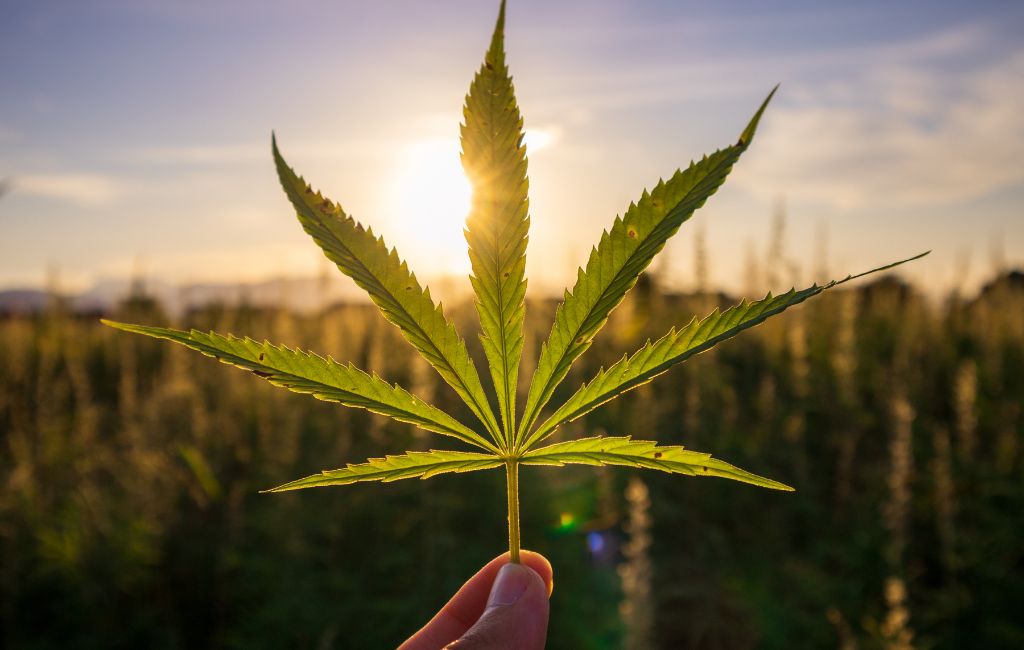THCa Flower: Unlocking Natural Healing
In recent years, the interest in cannabis and its various compounds has surged, leading to a deeper understanding of its potential benefits. One such compound that has garnered attention is THCa, or tetrahydrocannabinolic acid. Unlike its more famous counterpart THC, THCa is non-psychoactive, meaning it does not produce the “high” associated with cannabis use. This article explores the potential healing properties of THCa flower and its role in natural medicine.
What is THCa?
THCa is a cannabinoid found in raw and live cannabis plants. It is the acidic precursor to THC, which means it converts to THC when exposed to heat through a process called decarboxylation. This conversion is what typically happens when cannabis is smoked, vaporized, or cooked. In its raw form, THCa does not produce psychoactive effects, making it an attractive option for those seeking the therapeutic benefits of cannabis without the high.
Potential Health Benefits of THCa
Research into THCa is still in its early stages, but preliminary studies and anecdotal evidence suggest several potential health benefits:
- Anti-inflammatory Properties: THCa has shown promise in reducing inflammation, which can be beneficial for conditions such as arthritis and inflammatory bowel disease.
- Neuroprotective Effects: Some studies indicate that THCa may help protect brain cells, potentially offering benefits for neurodegenerative diseases like Alzheimer’s and Parkinson’s.
- Anti-emetic Properties: THCa may help reduce nausea and vomiting, making it a potential option for patients undergoing chemotherapy or those with chronic conditions that cause nausea.
- Antioxidant Properties: The compound has been found to have antioxidant properties, which can help protect cells from damage caused by free radicals.
Case Studies and Research
Several case studies and research projects have highlighted the potential of THCa in medical applications:
- Arthritis Relief: A study published in the “Journal of Pharmacology and Experimental Therapeutics” found that THCa reduced inflammation and pain in animal models of arthritis.
- Neuroprotection: Research conducted by the “British Journal of Pharmacology” suggested that THCa could protect against neurodegenerative diseases by reducing oxidative stress and inflammation in the brain.
- Nausea Reduction: A case study involving a patient with severe nausea and vomiting due to chemotherapy reported significant relief after using THCa-rich cannabis extracts.
How to Use THCa Flower
There are several ways to incorporate THCa flower into a wellness routine:
- Raw Consumption: Consuming raw cannabis leaves or flowers in smoothies or salads can provide THCa without the psychoactive effects of THC.
- Tinctures and Oils: THCa can be extracted and used in tinctures or oils, which can be taken sublingually or added to food and beverages.
- Topicals: THCa-infused creams and balms can be applied directly to the skin for localized relief of pain and inflammation.
Legal Considerations
The legal status of THCa varies by region. In some areas, THCa is considered legal because it is non-psychoactive, while in others, it may be regulated similarly to THC. It is important to research local laws and regulations before purchasing or using THCa products.
Conclusion
THCa flower offers a promising avenue for natural healing, with potential benefits ranging from anti-inflammatory and neuroprotective effects to nausea reduction and antioxidant properties. While research is still ongoing, the preliminary findings and anecdotal evidence suggest that THCa could play a significant role in future medical treatments. As interest in cannabis and its compounds continues to grow, THCa stands out as a non-psychoactive option for those seeking the therapeutic benefits of cannabis without the high.
